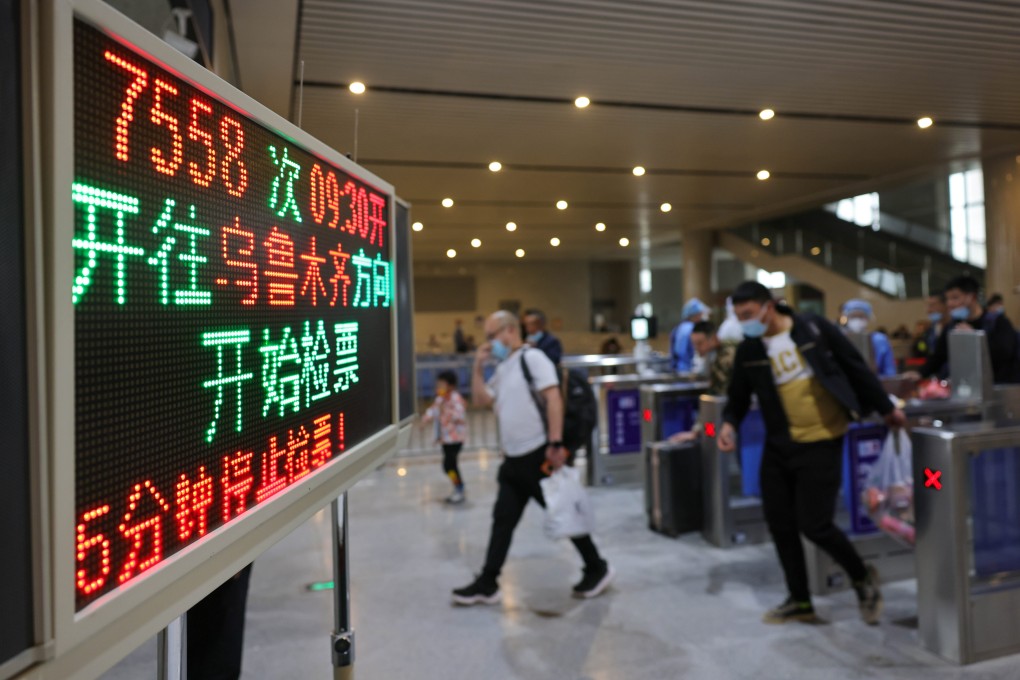Advertisement
China’s services activity falls at second sharpest rate on record as coronavirus curbs ‘hit hard’
- Caixin/Markit services purchasing managers’ index (PMI) fell to 36.2 in April from 42 in March
- Last week, the official non-manufacturing PMI fell to 41.9 in April from 48.4 in March
Reading Time:2 minutes
Why you can trust SCMP

China’s services sector activity contracted at the second-steepest rate on record in April, as coronavirus curbs halted the industry, leading to sharper reductions in new business and employment, a private-sector survey showed on Thursday.
The Caixin services purchasing managers’ index (PMI) stood at 36.2 in April, the second-lowest since the survey begun in November 2005 and down from 42 in March.
The index hit a record low of 26.5 in February 2020 during the onset of the pandemic.
Advertisement
The 50-point mark separates growth from contraction on a monthly basis.
“The new round of Covid-19 outbreaks hit the service sector hard,” said Wang Zhe, senior economist at Caixin Insight Group.
Advertisement
Advertisement
Select Voice
Choose your listening speed
Get through articles 2x faster
1.25x
250 WPM
Slow
Average
Fast
1.25x